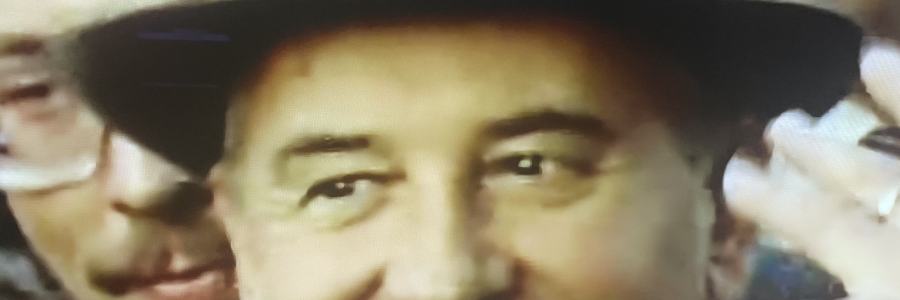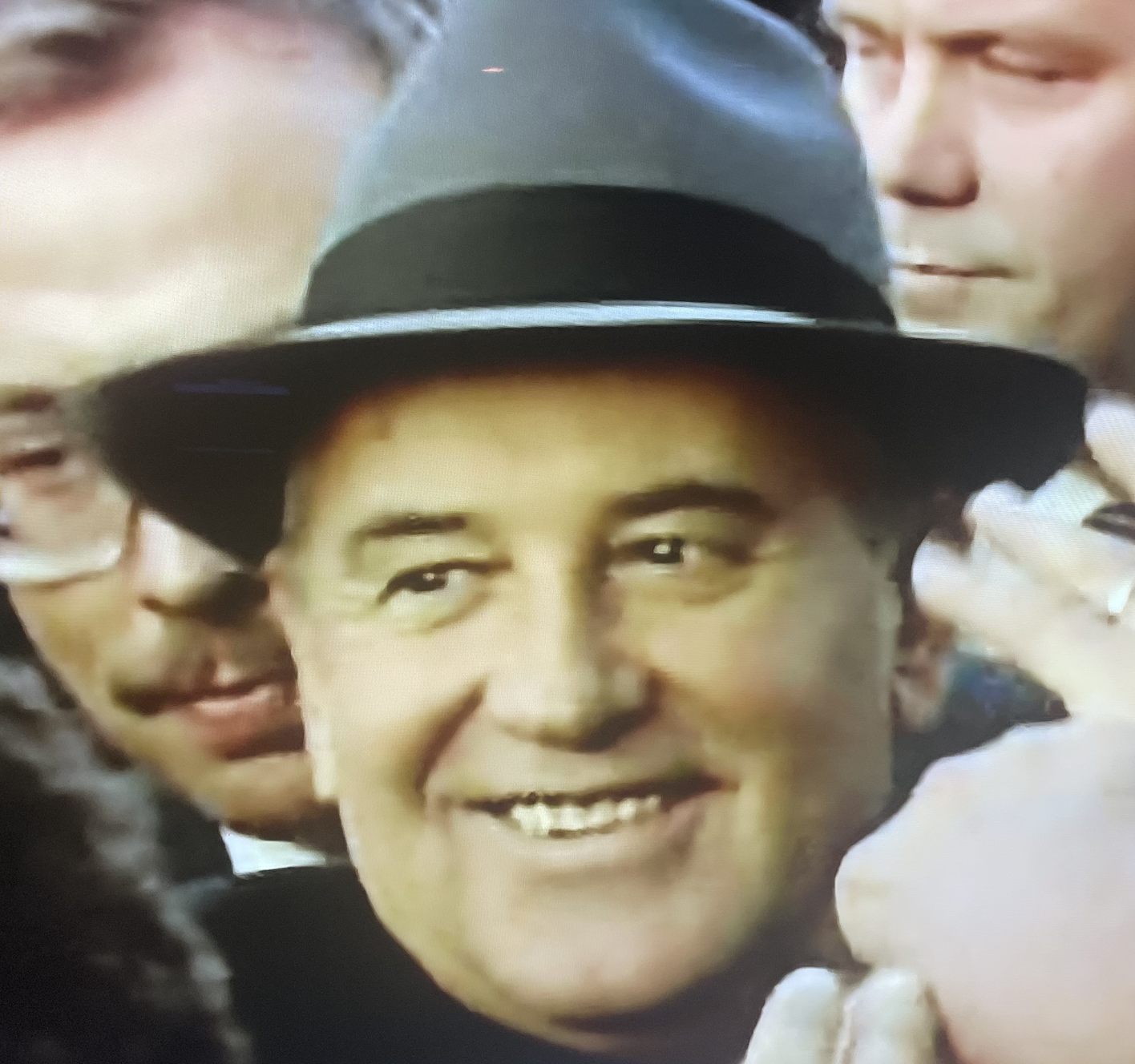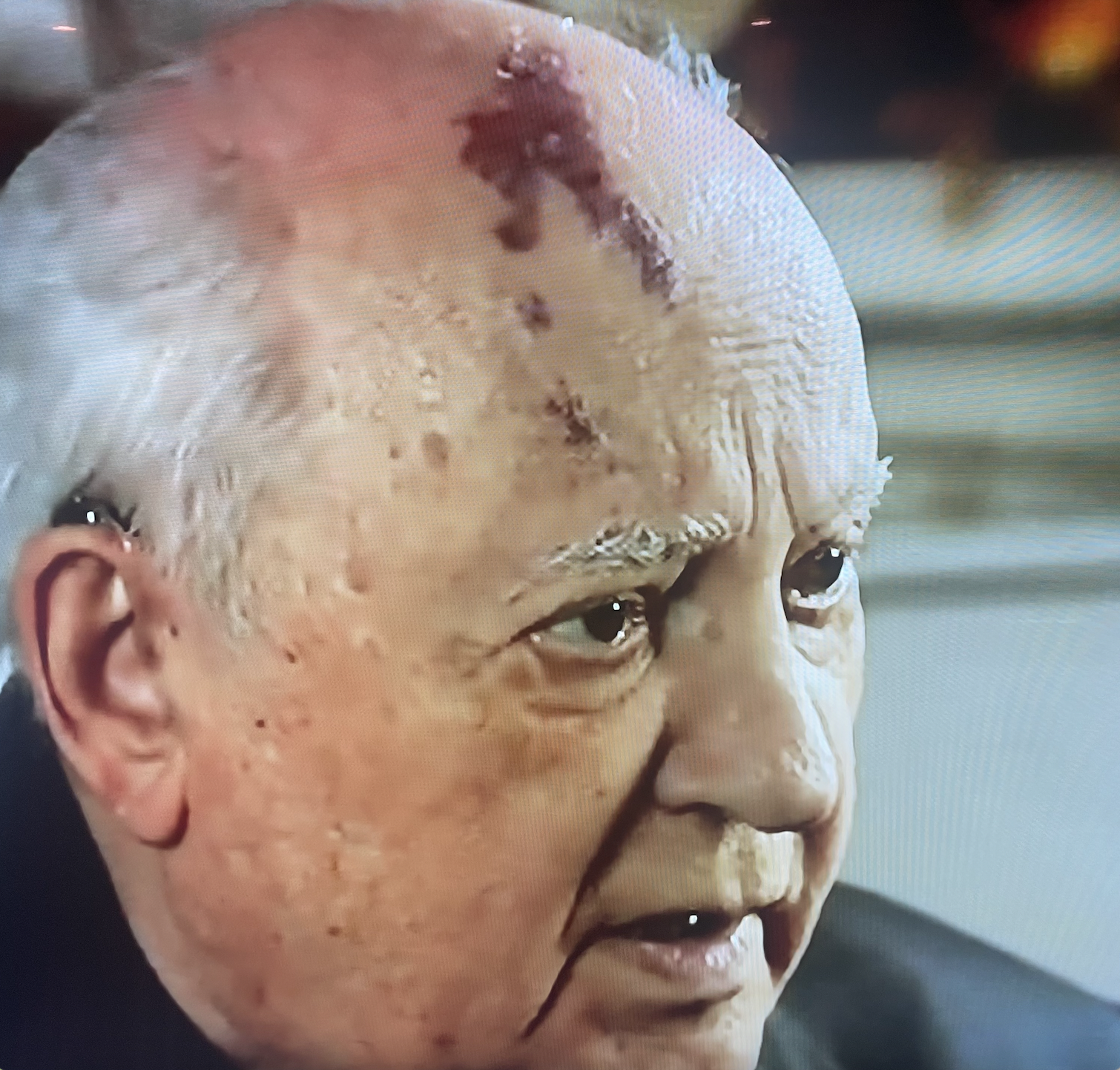
Mikhail Gorbachev dies at 91


The former USSR president, Mikhail Gorbachev who opened up the USSR and brought the cold war to a peaceful end, but failed to prevent its collapse in 1991 died aged 91. Gorbachev, as the youngest member of the ruling council known as the Politburo, took over in 1985, with his reformist policies for the country’s demise. He died in hospital after suffering from a long and serious illness. His policy of glasnost, or openness allowed people to criticize the government in a way that had been previously unthinkable – “Nico Nicho Nicnayo”.
Russian President Vladimir Putin expressed his deepest condolences on Mr. Gorbachev’s death. UK Prime Minister Boris Johnson said he admired Mr. Gorbachev’s courage and integrity. Internationally he reached arms control deals with the US and refused to intervene when eastern European nations rose up against their Communist rulers. His efforts became the catalyst for a series of events that brought an end to Communist rule, not just within the USSR, but also across its former satellite states.
Mikhail Sergeyevich Gorbachev was born on 2 March 1931, in the Stavropol region of Southern Russia. His parents both worked on the collective farms and the young Gorbachev operated combine harvesters while his teens. He graduated from Moscow State University in 1955, he was an active member of the Communist Party.
By 1961, he was regional secretary of the Young Communist League and had become a delegate to a party congress. His role as an agricultural administrator gave him the opportunity to introduce innovations and this, along with his status in the party gave him considerable influence in the region. In 1984, he visited London where he made an impression on Prime Minister Margaret Thatcher.
Many Russians blame Gorbachev for letting the superpower getaway.
His first task as Prime Minister was to revive the moribund Soviet economy, which was almost at the point of collapse. Gorbachev coined two words “Perestroika” restructuring and “glasnost” -openness.
His relaxation of the repressive regime caused the sprawling Soviet Union, and riots in Kazakhstan in December 1986 heralded a period of unrest. He also announced unilateral cuts in Soviet conventional forces, while finally ending the humiliating and bloody occupation of Afghanistan.
Openness and democracy led to calls for independence, which initially Gorbachev put down by force. The break-up of the USSR began in the Baltic republics in the north, Latvia, Lithuania, and Estonia broke free from Moscow, starting a rollercoaster that spread to Russia’s Warsaw Pact allies.
The Moscow party boss, Boris Yeltsin, seized his chance, ending the coup, arresting the demonstrators, and stripping Gorbachev of almost all his political power in return for his freedom. Within six months, Gorbachev had dong, the Communist Party itself was outlawed and Russia set out on a new, uncertain, future.
He is seen in the West as an architect of reform who created the conditions for the end of the Cold War in 1992 – a time of deep tensions between the Soviet Union and Western nations, including the US and Britain.
He is awarded the Nobel Peace Prize in 1990 “for the leading role he played in the radical changes in East-West relations”.
He made one ill-fated attempt to return to political life in 1996, receiving just 0.5 per cent of the vote in presidential elections. He will be buried in Moscow’s Novodevichy cemetery, the resting place of many prominent Russians, next to his wife Raisa who died of leukemia in 1999.
